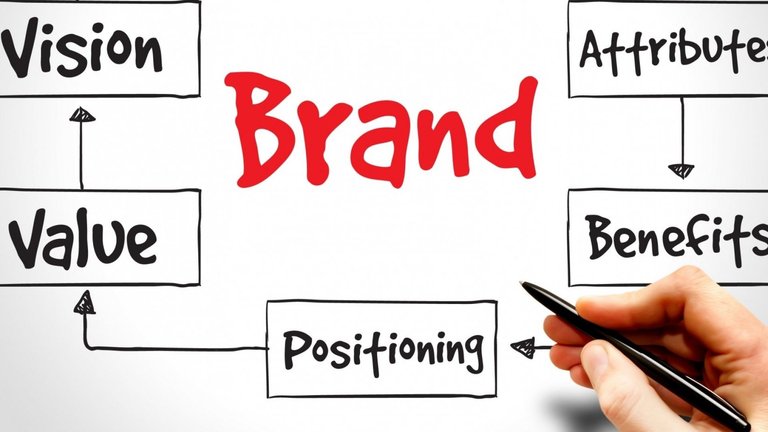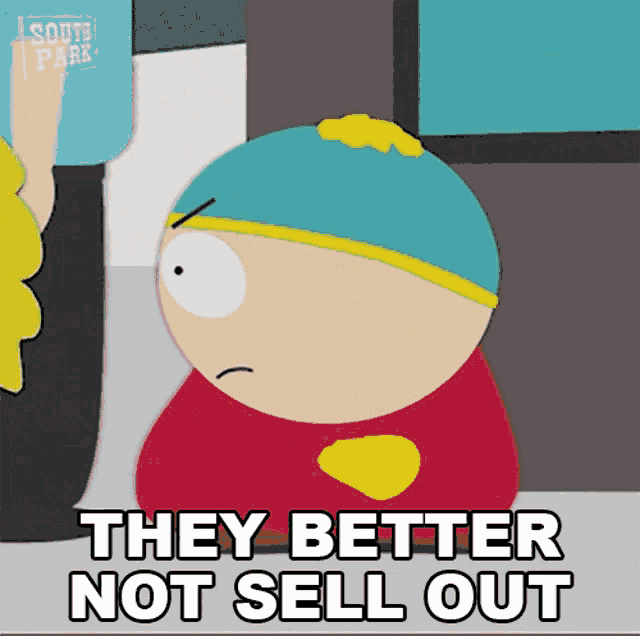
Have you ever felt like mixing your passion for music with the realities of business is like trying to mix oil and water? It seems unnatural, right? In today’s video, I’m here to show you that not only can these two coexist, but they can actually complement each other beautifully. But before we dive in, let’s address a bold statement I made in a previous video: “Music is no longer your core product.” It stirred some controversy, and I want to clarify what I meant—and how understanding this concept can empower your art, not diminish it.
Section 1: Music as Marketing
Back in the day—think the 1920s to early 2000s—music itself was the primary revenue generator for artists. The more records you sold, the more successful you were. This created a massive incentive for labels and bands to produce music purely for profit, which led to the rise of commercialized music often criticized for lacking authenticity.
But then the industry shifted. By the early 2000s, music sales plummeted, and streaming took over. Suddenly, music wasn’t the money-maker it once was. At first glance, this seemed like a disaster, but here’s the silver lining: the people making music today are doing it because they love it, not because they expect to get rich. This shift has brought more authenticity back into the music world.
Section 2: Embracing the New Reality
Many artists still struggle with this change, lamenting that music no longer pays the bills. But the reality is, if you’re trying to make a living solely from your music in today’s landscape, you’re setting yourself up for disappointment. The way people consume music has changed—they stream it, they don’t buy it. So, instead of resisting this change, we need to adapt.
When you create music as an authentic expression of who you are, you’re laying the foundation for something greater—your brand. The misconception that branding dilutes your art couldn’t be further from the truth. If both your music and your brand are authentic, they reinforce each other. Every successful artist, from the legends to the indie darlings, has used their music to build a connection with their audience—and it’s this connection that drives fans to support them by buying merch, attending shows, and more.

Section 3: The Power of Branding
Think about your favorite artist. Chances are, you’re not just a fan of their music; you’re a fan of what they stand for, their image, their vibe. That’s their brand, and it’s powerful. Your brand is simply the association people make when they think of you. Whether it’s Dave Grohl’s down-to-earth rockstar persona or a small-town band’s quirky social media gimmick, branding is what keeps fans engaged beyond the music.
However, be mindful of the brand you create. If your brand is based on a gimmick, it may attract attention, but it might not lead to the kind of lasting connection you want. Your brand should reflect your true artistic vision and values, so you don’t end up stuck with an image that doesn’t align with who you are.

Section 4: Selling Isn’t Selling Out
There’s this myth that mixing business with art is inherently sleazy, but it’s all about intention. If you’re authentic in your music and your brand, selling merch or other products is just another way to deepen the connection with your fans. People buy into your art because it resonates with them, and they want to be a part of it. The merch they buy isn’t just a product; it’s a tangible connection to the memories and emotions your music evokes.
Think about it—concert tees, signed posters, or even a limited edition vinyl aren’t just items; they’re reminders of experiences, moments, and feelings that fans cherish. As an artist, you’re offering more than music; you’re offering a piece of yourself that fans can take home.
Conclusion:
In today’s music industry, your music is your marketing, and your brand is your product. By embracing this shift, you can create music with complete authenticity and still build a sustainable career. The key is to approach branding not as a compromise, but as a natural extension of your art. When done right, your music and business can blend seamlessly, enhancing both and allowing you to connect with your audience on a deeper level.
So, let’s stop thinking of business and art as opposites. Instead, let’s recognize how they can work together to create something truly meaningful
